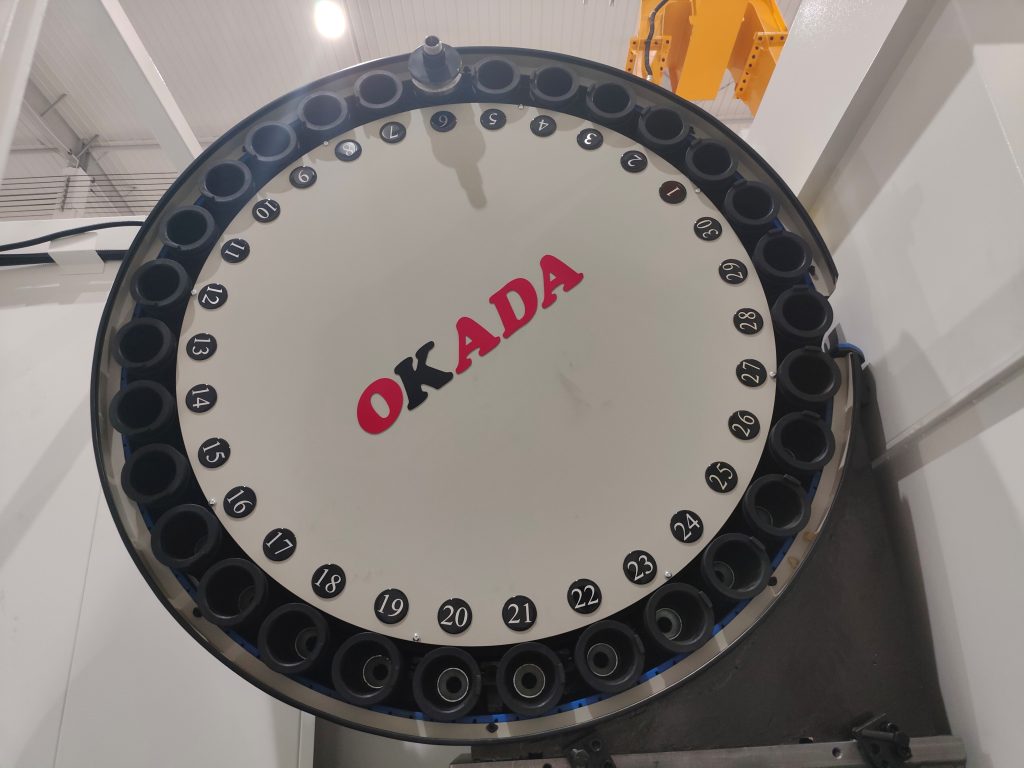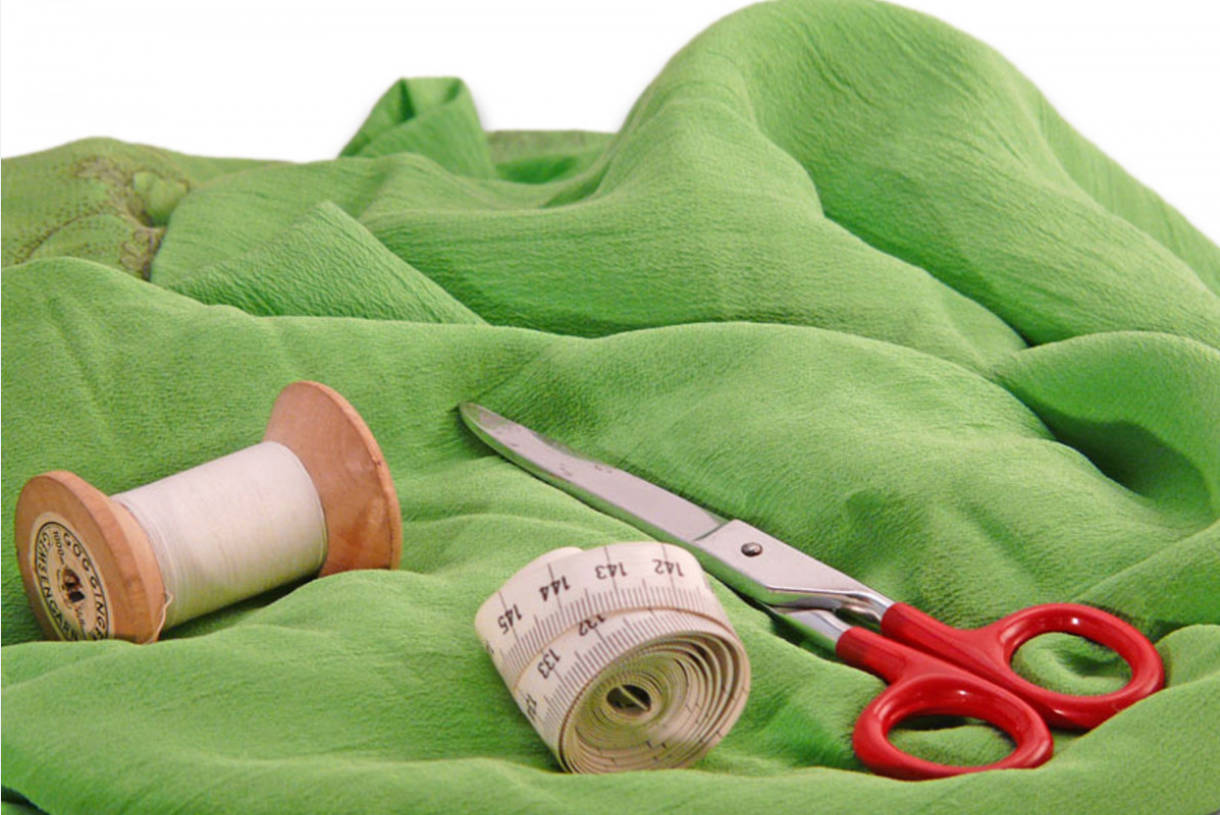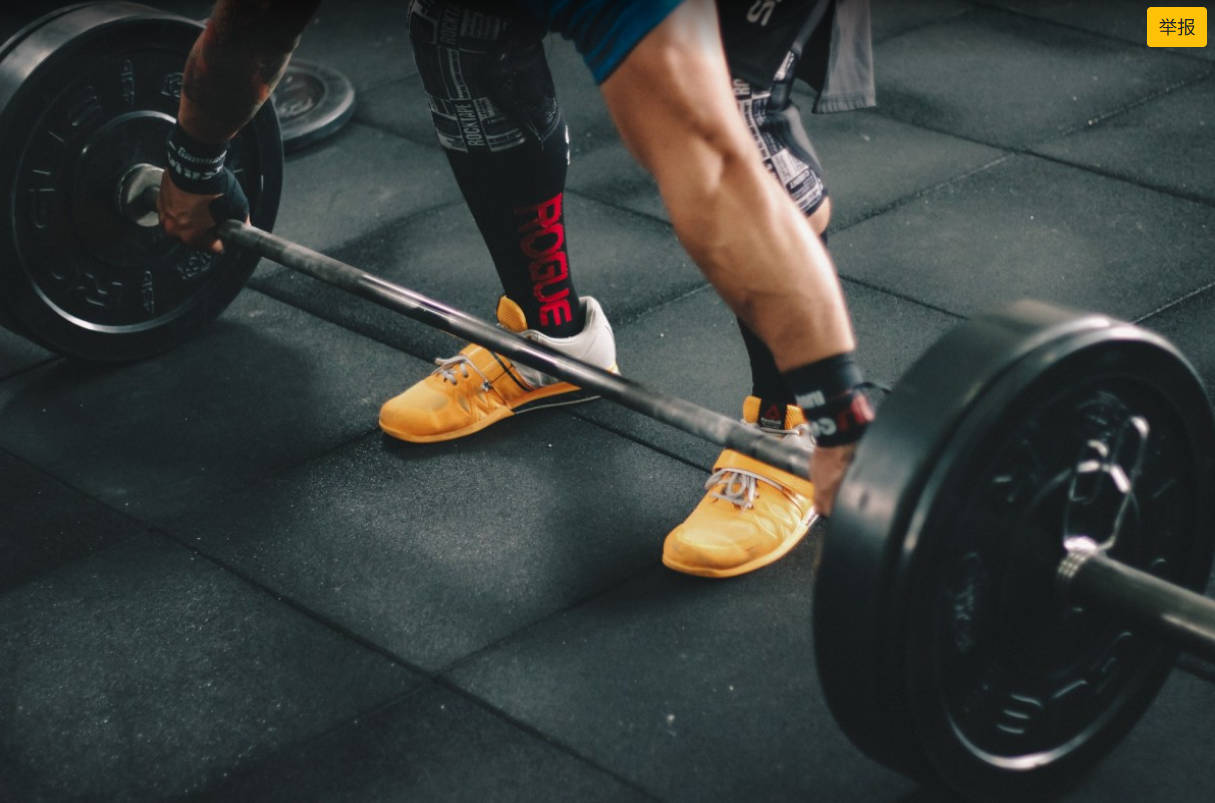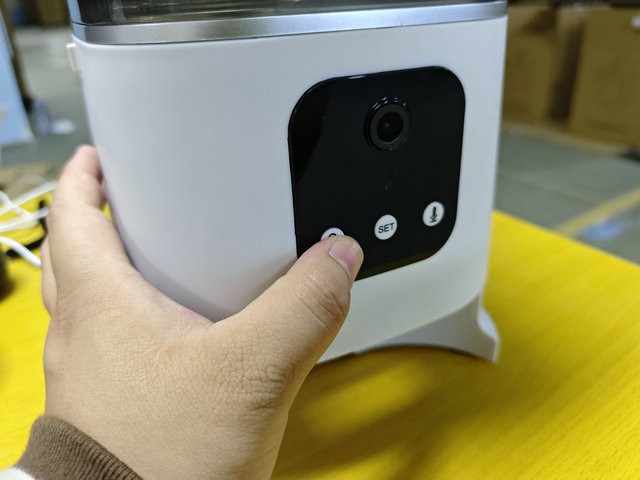As global demand for machinery equipment from China continues to rise, ensuring the quality of these products becomes paramount for importers. This article explores the critical aspects of quality inspection for machining centers, a key factor in ensuring that imported equipment meets the desired specifications and standards.

Contents
Section 1: Understanding Machining Centers
Machining centers are indispensable tools in various industries, from automotive and aerospace to electronics and manufacturing. Utilizing computer numerical control (CNC) technology, these centers automate the machining process, delivering high precision and efficiency. Quality inspection of machining centers is essential for several reasons:
1. Precision and Accuracy: Machining centers must provide precise and accurate results in cutting, shaping, and drilling materials. Quality inspection ensures that the machine’s CNC systems and mechanical components perform with the required precision.
2. Structural Integrity: The structural integrity of a machining center directly impacts its stability and performance. Inspection verifies that the frame, columns, and other structural elements are robust and capable of handling heavy loads.
3. Component Evaluation: A machining center comprises numerous components, such as spindles, tool changers, and coolant systems. Inspection assesses the quality and functionality of each component to ensure seamless operation.
4. Safety Compliance: Safety features, including interlocks, emergency stops, and protective enclosures, are crucial for safeguarding operators. Inspection ensures that all safety mechanisms are in place and functioning correctly.
Section 2: Key Points of Quality Inspection for Machining Centers
1. Visual Inspection: A thorough visual examination of the machining center is conducted, assessing its overall condition, finish, and alignment. This includes checking for any signs of damage or irregularities in manufacturing.
2. Calibration and Precision Testing: Precision tests are performed to evaluate the machine’s accuracy in cutting, drilling, and milling. This involves measuring the tolerances and alignments of various movements and components.
3. Mechanical Performance Testing: Tests are conducted to assess the mechanical performance of the machining center. This includes evaluating the rigidity of the machine’s structure, as well as its ability to handle heavy loads and rapid movements.
4. Spindle Performance: The spindle is a critical component in a machining center. Inspection verifies the spindle’s rotation speed, runout, and overall performance to ensure smooth and precise machining operations.
5. Tool Change System: The tool change system is tested to ensure its efficiency and accuracy in exchanging cutting tools. This includes assessing the tool magazine’s operation and tool alignment.
6. Lubrication and Cooling Systems: Proper lubrication and cooling are essential for the smooth operation and longevity of a machining center. Inspectors verify the functionality of lubrication and cooling systems.
7. Electrical and CNC Systems: The electrical components and CNC systems are evaluated, including the control panel, electrical wiring, and functionality of the CNC programs.
8. Safety and Emergency Stop Tests: The presence and functionality of safety features and emergency stop buttons are assessed to ensure compliance with safety regulations.
9. Documentation and Certification: Ensuring that all necessary documentation, including user manuals, operation instructions, and relevant certifications, are provided and comply with international standards.
Section 3: The Benefits of Thorough Quality Inspection
Implementing a comprehensive quality inspection process for machining centers offers several benefits for importers:
1. Risk Mitigation: Identifying potential quality issues early in the process reduces the risk of receiving substandard or non-compliant machinery equipment.
2. Customized Inspection Services: Inspection services can be tailored to meet the specific needs and requirements of each client, ensuring a comprehensive evaluation of the machining center.
3. Quality Assurance: Inspections guarantee that imported machining centers meet the desired quality standards, enabling importers to confidently integrate the equipment into their operations.
4. Timely Delivery: Conducting inspections before shipment helps avoid delays caused by quality issues, ensuring that the machinery equipment arrives on time.
Conclusion
Importing machining centers from China offers numerous advantages, but it is crucial to ensure the quality and performance of this equipment. A robust quality assurance process, including comprehensive inspections and assessments, allows importers to effectively control and maintain the quality of their shipments, ensuring that they receive machining centers that meet their precise requirements.






